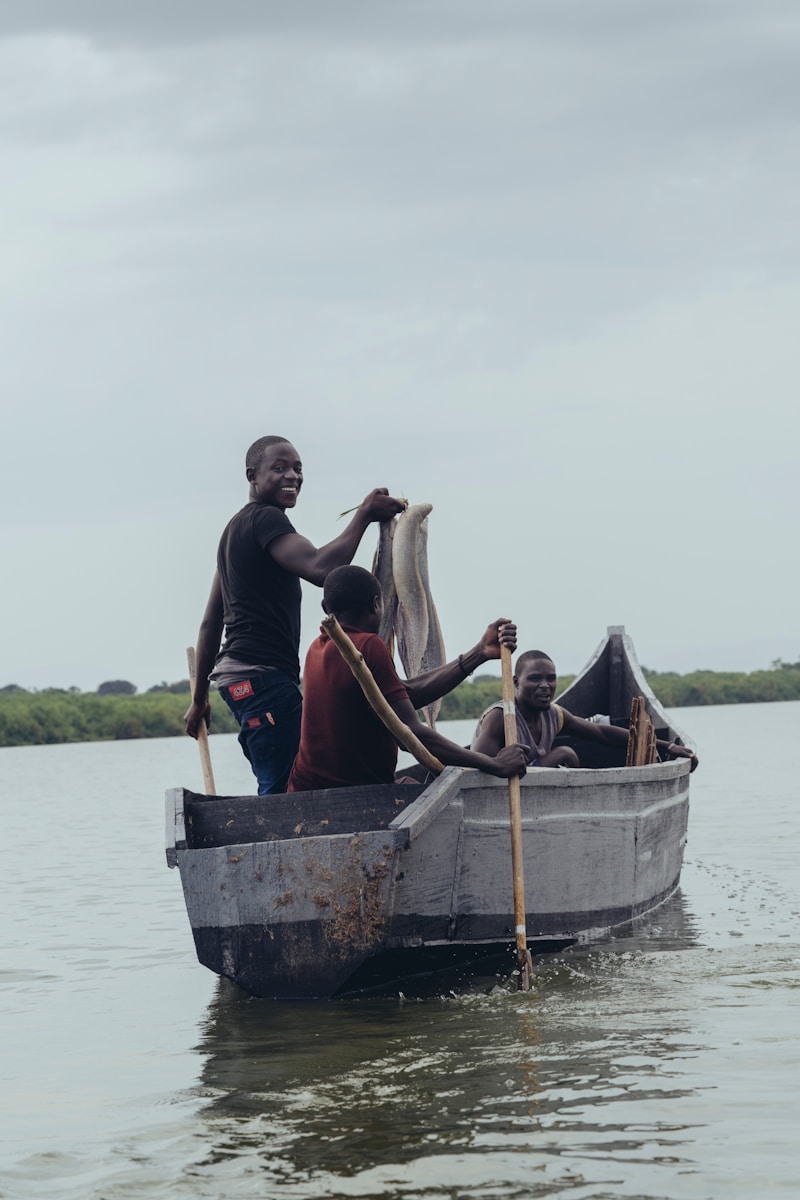Africa Fisheries 7 Astonishing Impacts of WTO Deal on Marine Future
The recent WTO fisheries agreement has significant implications for Africa’s marine ecosystems and coastal economies. The deal aims to regulate commercial fishing, promote sustainability, and protect ocean biodiversity. African nations are now tasked with implementing policies that balance economic growth with environmental conservation.
Sustainable Fishing Practices
One of the primary goals of the deal is to encourage sustainable fishing practices. By setting quotas and enforcing responsible harvesting, African countries can prevent overfishing and preserve marine life for future generations. For global best practices in sustainable fisheries, visit FAO Fisheries & Aquaculture.
Economic Implications
The agreement also affects the economies of coastal nations, where fishing is a major source of income and employment. Efficient management can boost long-term economic growth while protecting livelihoods. Learn about regional economic impacts and strategies in our Africa Marine Economy guide.
Protecting Biodiversity
Protecting marine biodiversity is central to the deal. Measures such as marine reserves, bycatch reduction, and ecosystem monitoring help maintain the health of ocean habitats. For additional insights into ocean conservation initiatives, see Ocean Conservation International.
Community Engagement and Education
The success of the fisheries deal depends on educating local communities about sustainable practices. Workshops and training sessions empower fishers with knowledge on quota management, gear restrictions, and responsible harvesting. Learn more about community-driven fisheries programs at Conservation International – Fisheries Projects.
Africa Fisheries And Climate Change Adaptation
Climate change poses a major challenge to Africa’s marine ecosystems. Rising sea temperatures and ocean acidification can affect fish populations. The WTO deal encourages adaptive strategies that integrate climate resilience into fisheries management.
Regional Collaboration
Collaboration among African nations is essential to enforce regulations and share best practices. By coordinating policies, countries can reduce illegal fishing and promote sustainable trade. Explore more about regional marine cooperation in our Africa Marine Cooperation guide.
Technology and Monitoring
The deal emphasizes the use of technology for monitoring fishing activities. Satellite tracking, electronic reporting, and onboard observers help enforce quotas and prevent illegal fishing. For a closer look at technological solutions in fisheries management, visit International Collective in Support of Fishworkers – Technology.
Trade and Export Opportunities
With regulated fishing practices, African nations can access global markets more efficiently. Compliance with international standards increases export potential, benefiting local economies. Learn more about trade opportunities and seafood certification in our Africa Seafood Trade guide.
Enforcement and Legal Frameworks
Strong legal frameworks are crucial to ensure the effectiveness of the WTO fisheries agreement. Countries need clear regulations, monitoring mechanisms, and penalties for non-compliance. This ensures that conservation and economic goals are achieved sustainably.
Africa Fisheries And Awareness Campaigns
Impact on Small-Scale Fishers
Small-scale fishers are among the most affected by the WTO deal. While regulations may initially pose challenges, proper support and training can help them adapt and benefit from sustainable practices. For more insights on supporting small-scale fishers, visit WorldFish Center.
Marine Conservation Initiatives
The deal promotes marine conservation initiatives such as establishing marine protected areas, reducing bycatch, and restoring critical habitats. These measures are essential for maintaining healthy oceans and biodiversity.
Africa Fisheries And Awareness Campaigns
Public awareness campaigns are critical to ensure compliance and community support. Governments and NGOs work together to educate citizens on sustainable fishing, environmental impact, and the benefits of responsible marine resource management. Learn more about awareness programs on our Marine Awareness Programs page.
Future Outlook for Africa’s Oceans
Implementing the WTO fisheries deal effectively can secure a sustainable future for Africa’s oceans. By balancing economic growth, environmental protection, and community needs, African nations can ensure that marine resources continue to support livelihoods and biodiversity. For more on ocean sustainability initiatives, visit UN Ocean Affairs.
Conclusion
The WTO fisheries agreement presents both challenges and opportunities for Africa Fisheries. It encourages sustainable practices, protects marine biodiversity, boosts trade potential, and empowers coastal communities. By fostering regional collaboration, technological adoption, and public awareness, Africa can secure a resilient and prosperous marine future. Learn more about regional strategies and conservation programs on our Africa Marine Conservation page.




